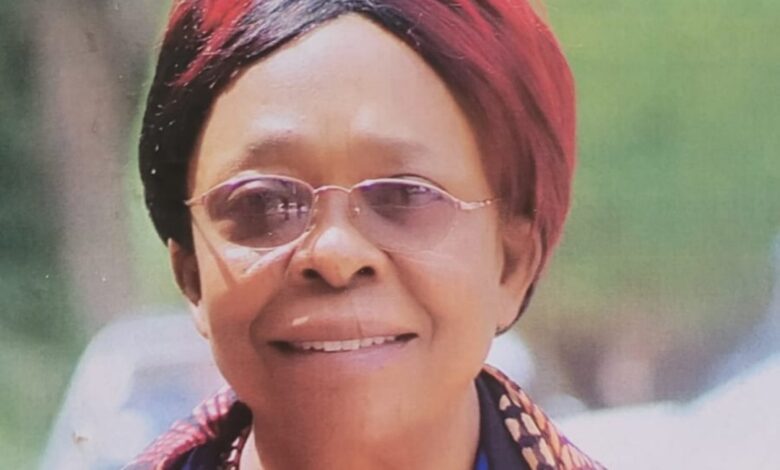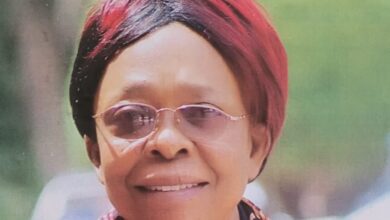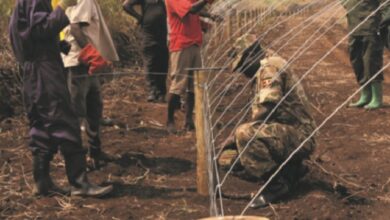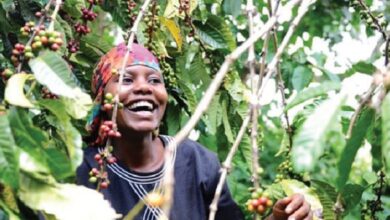Uganda and Buganda: A Legacy of Love, Tension, and Statehood
The Baganda often view themselves as inclusive and hospitable.

Op-Ed: The recent comments allegedly made by the Speaker of Parliament, calling for an effort to “make sure those Baganda don’t get numbers,” bring a fresh urgency to a long-standing relationship between Buganda and the rest of Uganda.
While it’s uncertain if these words were actually spoken, the sentiment reflects a historically complex “love-hate” dynamic that has shaped the Ugandan nation.
At its core is the acknowledgement of Buganda’s formative role in Uganda’s statehood, alongside ongoing tensions with the wider Ugandan community.
Buganda has indeed been instrumental in Uganda’s formation, a fact rooted in both history and political realities. The Buganda Kingdom, one of the most organized and politically developed regions, was pivotal to British colonial ambitions. British officials strategically partnered with Buganda, not only to advance their rule but also because Buganda’s established political structures offered a stable administration.
This collaboration empowered Buganda and allowed it to solidify its influence, building a legacy of leadership that earned both respect and, at times, resentment from other communities.
When Uganda sought independence, Buganda did not shy away from welcoming leaders from outside its own ranks. In fact, the Buganda Kingdom played a significant role in supporting Apollo Milton Obote, a non-Muganda, who ultimately became the country’s first Prime Minister.
Yet, in a twist of fate, Obote would later oversee the abolition of the kingdom itself. This experience left many Baganda feeling betrayed, and it underscored the paradox of Baganda’s role: it was instrumental in the creation of the Ugandan state, but it has at times faced adversity from the very leaders it helped to elevate.
The Baganda often view themselves as inclusive and hospitable, opening Buganda’s lands and institutions to Ugandans of all backgrounds. However, the perception of exclusivity can still linger.
For many non-Baganda, admiration for Buganda’s cultural richness its language, customs, and heritage is paired with a feeling of alienation. Although many Ugandans have embraced Buganda’s language, food, and styles, Buganda has not equally embraced the cultures of other regions. This one-sided cultural exchange can foster feelings of frustration and distance despite Buganda’s openness.
This “love-hate” relationship is common in complex societies, with Buganda and Uganda being no exception. The Buganda-Uganda dynamic bears a resemblance to other post-colonial relationships, such as the asymmetrical relationship between Europe and Africa.
Many African societies have developed deep knowledge of European customs, histories, and languages, while Europeans remain largely unaware of African cultures and histories.
This disparity can create an emotional gap, leading to admiration tinged with resentment, a reminder that people often feel both attachment and distance toward what they admire but do not fully understand.
For Uganda to move forward, accepting Buganda’s historic contribution to statehood is vital while cultivating mutual respect and inclusivity. Schools and cultural programs should promote understanding, teaching all Ugandans about each other’s languages, food, art, and histories.
Cultural exchanges that go beyond mere observation such as shared learning in classrooms and community festivals would strengthen these bonds. Buganda’s legacy of openness and leadership can indeed be a source of pride, but it should not overshadow the importance of partnership and humility in the nation’s growth.
In today’s diverse Uganda, building a unified identity requires celebrating the contributions of all regions. Uganda’s strength lies in its ability to embrace cultural diversity as a point of pride, creating a nation that respects both its shared and unique histories.
By recognizing Buganda’s role as a foundation and by welcoming mutual understanding, Uganda can strengthen its unity and lay the groundwork for a more cohesive future.
The author is Gertrude Kamya Othieno, Critical Political Sociologist (LSE Alumna).
Disclaimer: As UG Reports Media LTD, we welcome any opinion from anyone if it’s constructive for the development of Uganda. All the expressions and opinions in this write-up are not those of UG Reports Media Ltd. but of the author of the article.
Would you like to share your opinion with us? Please send it to this email: theugreports@gmail.com.






